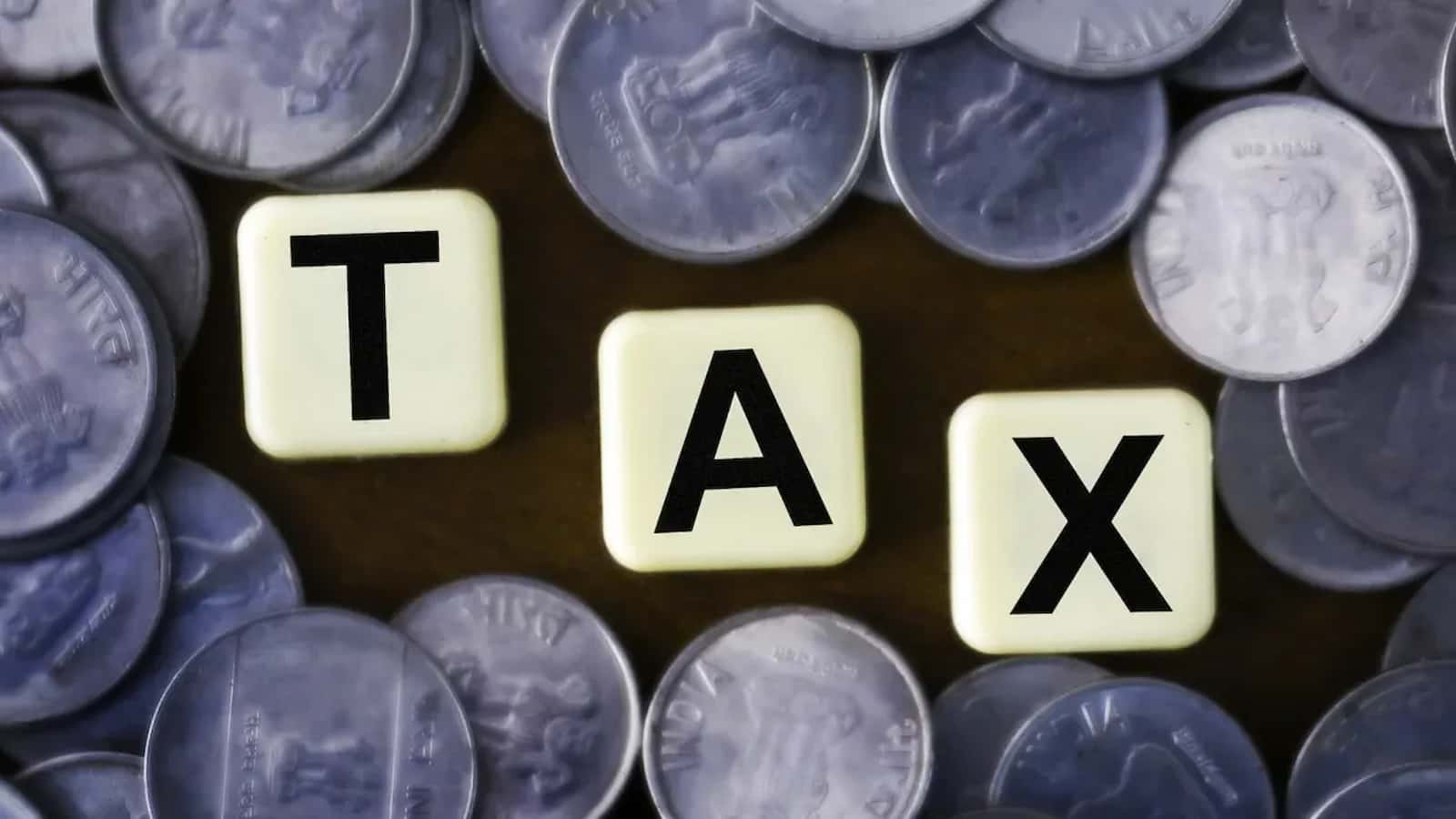Key Financial Changes Effective April 1: The impending fiscal year, 2024–25, will implement several modifications to regulations about individual finances. Several significant modifications, slated to take effect on April 1, pertain to personal finance, investment schemes, the tax regime, FASTag, and other matters concerning money.
One should thoroughly understand these alterations in money, as they may have an immediate effect on their personal finances and monthly budget.
We will implement significant financial modifications as of April 1.
Understanding the Age Limit for Child Tax Credit Qualification
Alterations to the NPS rule
The National Pension System (NPS) will implement a modification on April 1. The Pension Fund Regulatory and Development Authority (PFRDA), the apex governing body of the NPS, will modify the NPS’s current authentication procedure. The effective date of this new regulation is April 1.
We will implement a two-factor authentication system going forward to ensure secure logins to NPS accounts. Aadhaar verification and an OTP sent to their mobile devices will authenticate subscribers’ logins. We have implemented this measure to bolster the system’s security.
The revised EPFO rule
It is expected that EPFO will make major changes on April 1. The new regulation will smoothly transfer the subscriber’s Provident Fund (PF) balance to the new employer after an employee transition. This eliminates the need for EPFO account holders to transfer PF amounts when switching employers. PF transfers used to require a formal request, even if a person had a Universal Account Number. This system added unnecessary paperwork.
New Income Taxation Regime
The transition to the default tax regime will occur on April 1, 2024. This means that you will be required to pay tax under the new tax regime if you do not choose the previous tax regime. Notably, modifications were implemented to the income tax regulations on April 1, 2023. As per the recently implemented tax framework, individuals earning a maximum of ₹7 lakh annually are exempt from tax payments.
Amendment to FASTag
FASTag will undergo a major change on April 1. If the bank has not received the updated FASTag KYC information, problems may develop on April 1. After March 31, institutions will deactivate FASTags without updated KYC information.
Toll plazas will not process payments with a FASTag balance, and you will pay double toll tax. FASTags clients can comply with RBI standards by completing KYC, according to the NHAI.
Changing SBI credit cards
If you are the holder of an SBI credit card, you must recognize this news. SBI intends to enforce several substantial modifications to credit card regulations commencing on April 1, 2024. You will not accumulate reward points for rent payments made with your SBI credit card following the implementation of these regulations. Nonetheless, this regulation will commence on April 1 only for specific credit cards, with others being subject to it on April 15.
Alteration to the Ola money pouch regulation
Beginning on April 1, 2024, OLA Money has declared that it will exclusively utilize lesser PPI (prepaid payment instrument) wallet services, imposing a monthly maximum load limit of ₹10,000 on these services. The organization has notified its clientele of this modification via SMS.


















